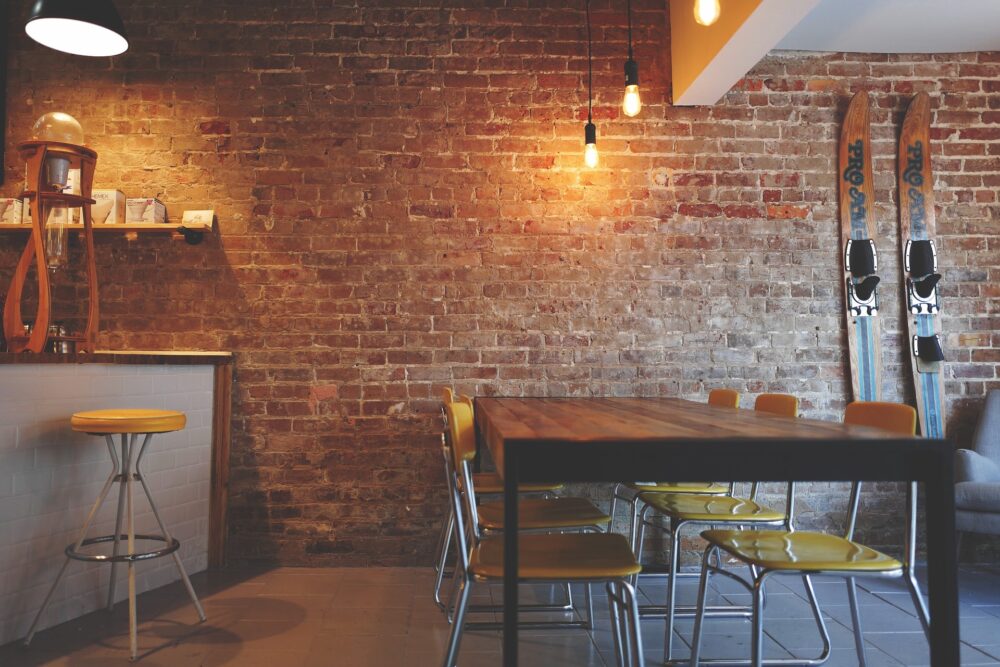Cloudbeds, the hospitality management platform powering more reservations and happier guests for lodging businesses around the globe, shares its predictions for the five key trends set to shape the hospitality industry in 2023. Cloudbeds uses its own data as well as multiple reputable resources from across the travel industry, including Booking.com, Expedia and Skift, and offers insights into how these trends are set to influence travellers’ behaviours in the coming year.
Focus on value-driven travel
Travel demand will remain high as people still want to make up for lost time from the pandemic. But, with inflation and economic uncertainty in the air, travellers are rethinking how to get the most for their money, from taking advantage of flight deals to travelling off-season to destinations for lower prices (Booking.com). Regarding lodging, Expedia says that 43% of travellers will stay in one- to three-star hotels next year. Cloudbeds predicts travellers will still continue to seek out unique experiences, so even lower budget properties that can deliver on that will benefit from all the value-seeking travellers next year.
The vanishing front desk
A tight labour market means that lodging businesses are still struggling to fill positions, even as guest expectations are higher than ever when it comes to a more frictionless experience enabled by technology. Now that technology is becoming more widely available to independent properties, is this the beginning of the end for the hotel front desk? Cloudbeds predicts that we will see more lodging businesses reduce traditional front-desk service in favour of a more digital experience, such as mobile check-in and digital keys. Holiday rentals are already incorporating these technologies, so guests are used to them, but Cloudbeds believes that we will see them more widely used in hotels as they seek ways to work with reduced staff.
Blended travel meets hybrid lodging
The hospitality industry has long put hotels and holiday rentals in separate categories, but in recent years, the spaces have begun to blend together (defined by Skift as The Great Merging). Hotel brands are getting into holiday rentals and holiday rental brands are starting to become more like hotels. The consumer is also starting to treat them the same, as travellers already consider both hotels and STRs in their booking journey, which is evident in the way OTAs offer both options when travellers search destinations for properties. In 2023, Cloudbeds predicts this concept will go even further and we will see the rise of more flexible properties that offer a mix of different types of accommodations and flexible spaces (dorm-style beds, private rooms, suites, apartments with kitchens, or even whole floors) all in one property. Before, the technology to manage the property made it difficult to offer hybrid combinations of rooms, but tech providers like Cloudbeds, which allows lodging businesses to easily manage and sell flexible inventory, will encourage the rise in these new concepts.
Evolution of travel search and inspiration
Gen Z and their love of TikTok is rapidly changing the way that we search for and are inspired by travel, with TikTok increasingly the preferred search engine for that generation. Cloudbeds predicts that TikTok will become a bigger player in the travel advertising space and will also influence other trends in travel search. Google is already changing its algorithm to prioritise the style short-form video popularised by TikTok and Instagram.
A shift from amenities to experiences
Today’s travellers increasingly want unique experiences and the purpose of their travel (to see something new, to experience local culture and food, to have a memorable family getaway, to be in nature, etc.) is going to be increasingly tied to the accommodation they select. Lodging businesses have already been seeking to meet this need with investments in new concepts and amenities that cater to these travellers (such as more sustainable practices in the hotel, offering more local products, creating public spaces with a more social element, etc.). While this itself isn’t new, the proliferation of these new experience-led amenities will affect how we shop for travel; increasingly travel booking sites and brands are going to offer more ways to personalise your search for accommodation. Airbnb has started to lead the way in 2022 with their new “Categories” release, allowing travellers to search for specific styles of homes, while Booking.com is betting that travellers will increasingly want to seek out eco-friendly accommodations with the recent launch of its Travel Sustainable badge.
